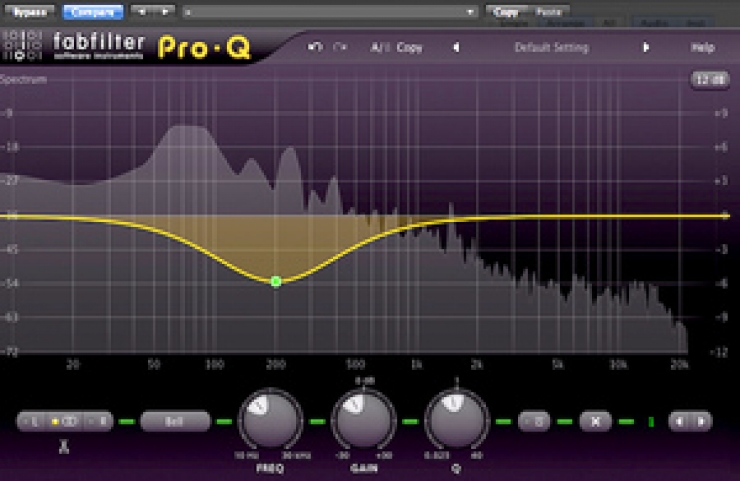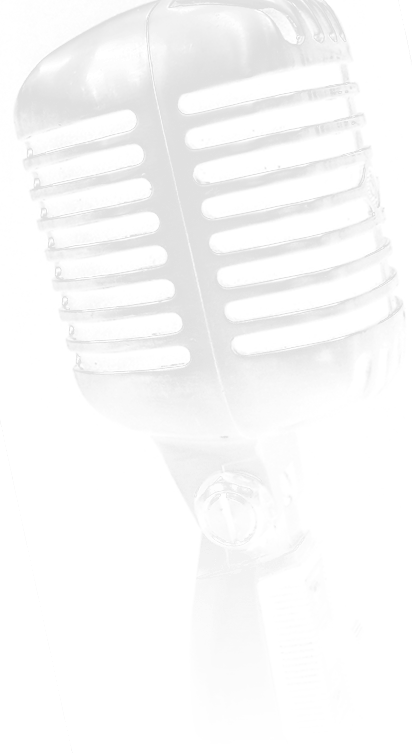
Courtesy Bobby Owsinski. Blog 11 April 2018
Equalization is one of the most difficult parts of recording to get the hang of since there’s literally almost an infinite number of possibilities. Most of us learn by experience and usually massive amounts of trial and error, but there are some very simple general guidelines that can be an enormous help for those new to the process. Here’s a brief excerpt from The Mixing Engineer’s Handbook 4th edition featuring 5 simple EQ tips that will work in just about any situation.
1. If it sounds muddy, cut (decrease the level) at around 250Hz. Although you can get that muddy sound from other lower frequencies (especially anything added below 100Hz), start here first.
2. If it sounds honky or veiled, cut at around 500Hz. This is where a huge build-up of energy occurs when close-miking instruments because of the proximity effect that naturally occurs with directional mics. Just cutting a bit in this area can sometimes provide instant clarity.
3. Cut if you’re trying to make things sound clearer. If the sound is cloudy or too sharp, there’s usually a frequency band that’s too loud. It’s easier to decrease it than to raise everything else.
4. Boost if you’re trying to make things sound different. Sometimes you don’t want clarity as much as you want something to sound just different or effected. That’s the best time to use boost EQ.
5. You can’t boost something that’s not there in the first place. You may be better off to decrease other frequencies than try to add a huge amount, like 10 or 15dB, to any frequency band.
Although there are exceptions to every one of the above guidelines, you’ll always stay out of sonic trouble if you consider these tips first.
You can read more from The Mixing Engineer’s Handbook and Bobby’s other books on the excerpt section of bobbyowsinski.com.
Read more: http://bobbyowsinskiblog.com/2018/04/11/simple-eq-tips/#ixzz5EZEl9OYP
